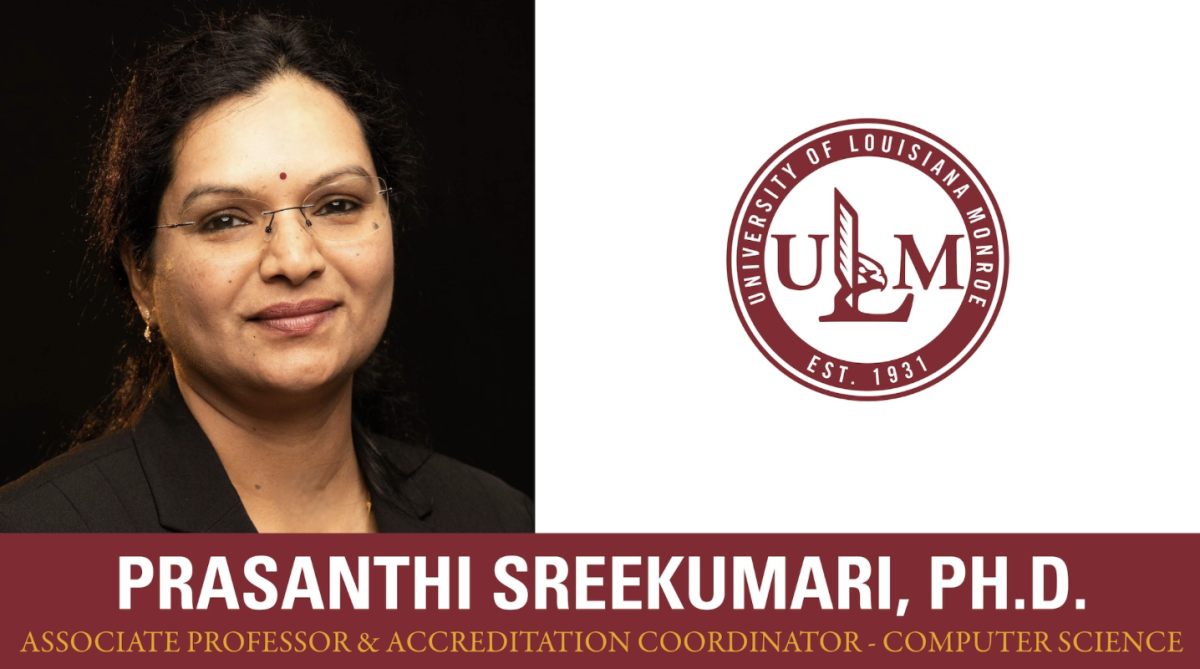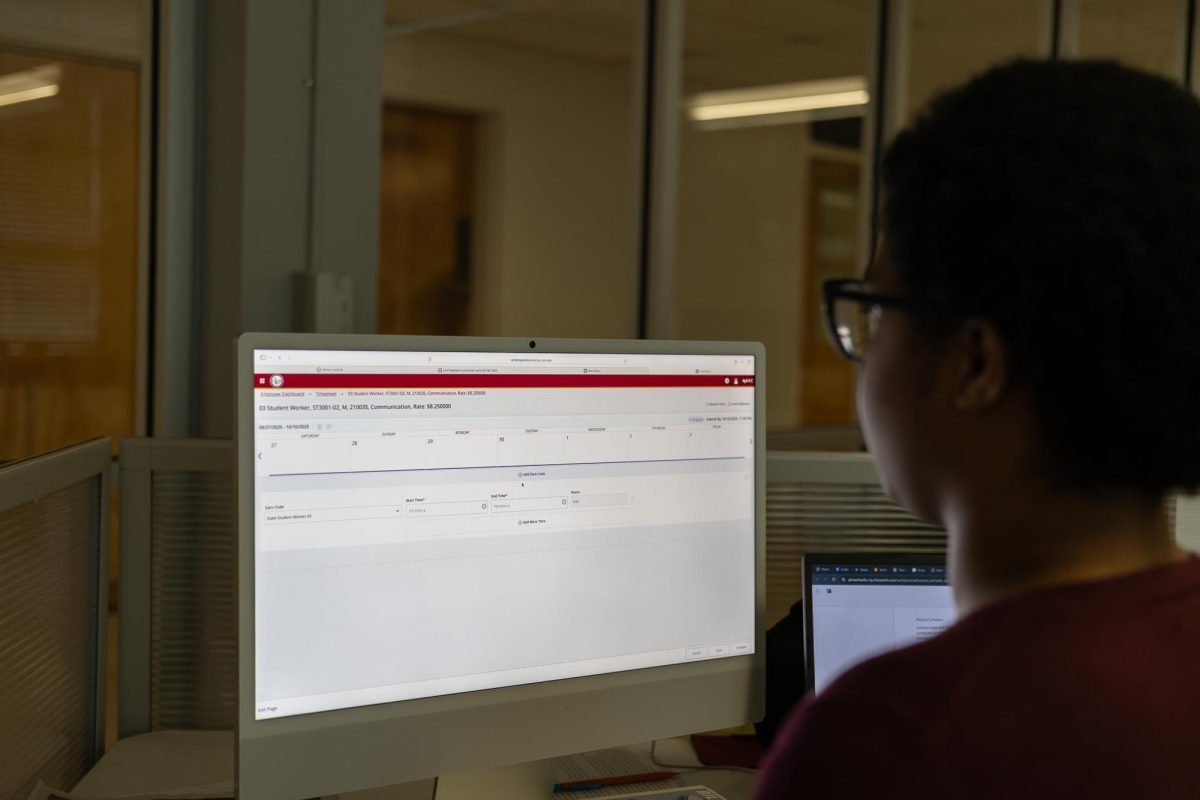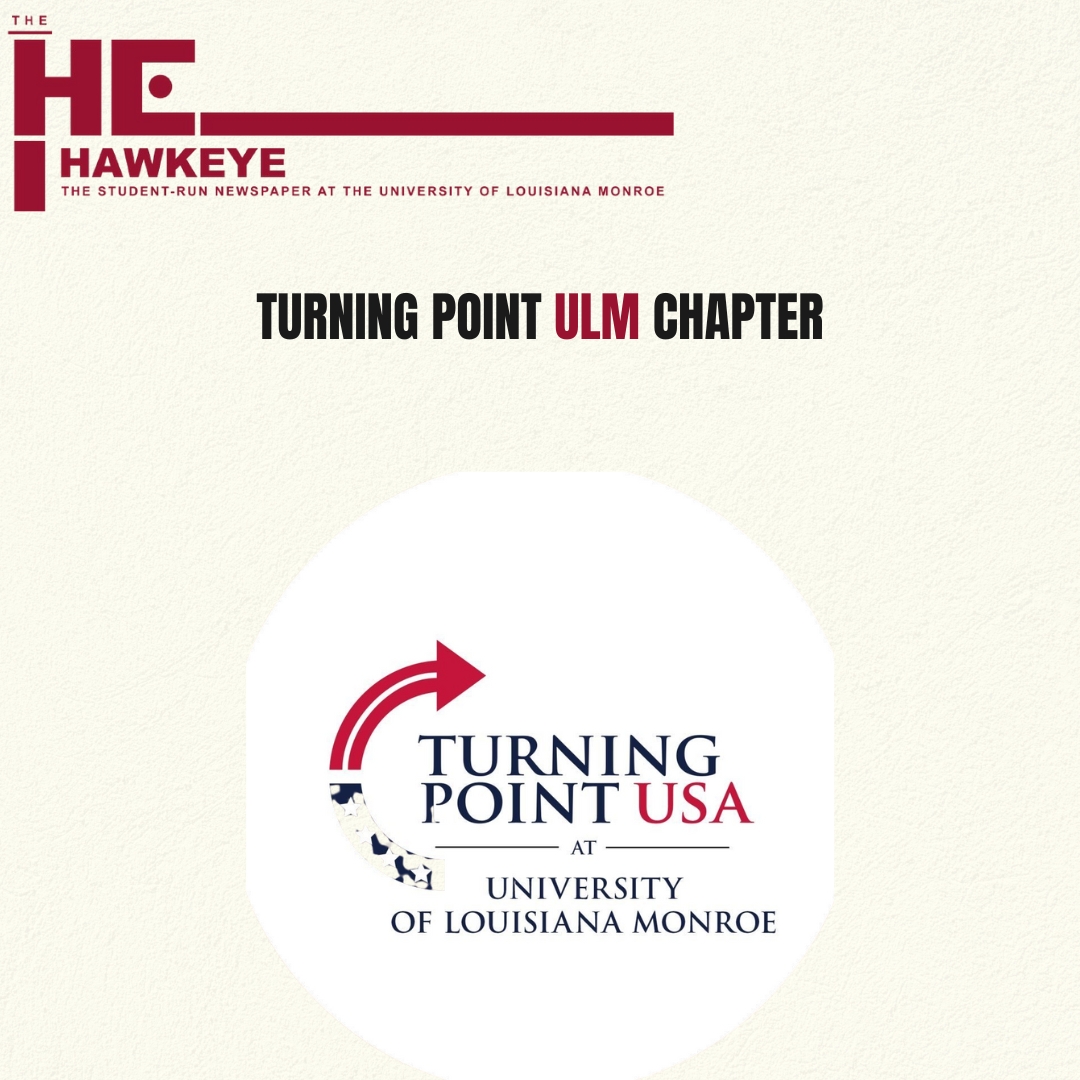Nepalese politicians have elected a longtime political activist, Bidhya Bhandari to become the country’s first female president, as the Himalayan nation pushes for more gender equality in politics and work life.
According to professor Krishna Bista, Nepal has been a “democratic republic” for only six years and has still managed to elect a woman into presidential office this quickly.
“For a young republic like Nepal, electing a female president is a great leap,” Bista said.
Bista also said that the electing of a female president is a great catalyst for women empowerment in a country like Nepal where gender discrimination is still a topic of discussion.
Abu Bakar is from Bangladesh and said his country has a “very prominent female leader” who has held the country’s highest post twice.
“She has always kept her promises, said Bakar, a pharmaceutical science major. “She says that she does politics for people and she was proved that.”
Bista said Nepal has been trying to “shift” away from a traditionally male-dominated society, where women are mostly limited to working at homes or on farms, to one in which women have equal access to opportunities and legal rights.
Yasmin Bachara said Brazil now has a female head of state too.
She also said the country has been going through many infrastructural and economic changes after Dilma Rousseff resumed her office.
“Also a couple of years ago, she helped pass the law which makes the same sex marriage legal,” Bichara said.
Bichara also said that Rousseff is “an epitome” of women empowerment in Brazil.
He also said she has shown that one woman can become the preisdent and represent the country.
Bista said that a survey suggests women are found to be more comprehensive in business and politics.




